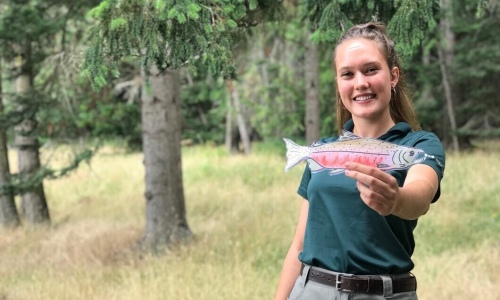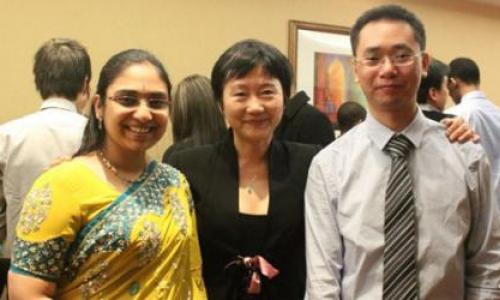
It’s easy to feel lost right before and after graduating, considering you’ve just spent the last four or more years in school preoccupied with the routine of lectures, exams, and the occasional breakdown. What do you do when that routine comes to an end?
Get a job! Easy, right?
We’ve been raised to understand life as a sequence of events. First, you get a degree. Second, you get your desired job. I’m not the only one who might feel some skepticism about this concept. Life seems neither so simple nor easy nor such a straight and predictable pathway. I do know one thing: that I want to be as prepared as I can be and get my foot in the door right away after I graduate.
It’s not that I don’t want to be carefree and take a year off to travel and celebrate all my hard work, I just really believe that getting a job is one of the few things in life that is imperative. As discussed in this Youngfully Employed article, work makes you money, teaches you discipline, and gives you discipline. I have one more semester, and I’m doing everything I can to start preparing. Here’s what I’m doing:
1. Developing Skills Where I Think I Might Be Lacking
To find my dream job, I’ll need to review the responsibilities and required skills for the position, and deconstruct the job posting to discover what I have, and what I need to gain.
To do this I’ll be looking at other job postings that are similar to what I want to do, and writing down the similarities in their qualifications. These are the skills I need to learn, improve, and perfect. Chances are they are integral to the job I am vying for, so it’s a bonus if I’m able to check them all off when I start applying for jobs.
For example, I lack practical and hands-on skills in digital marketing. What am I doing? Acquiring them on the weekends by researching and learning myself. I am also beginning to build my online portfolio by writing articles like this one that show off my skill set. Aesthetics within visual content are important to me as well, so I’ve started curating my Instagram feed to help my portfolio. This summer when I have fewer courses and more time, I’m going to enroll in a ten-week boot camp to really help me get the practice and guidance I need.
2. Not Holding Back
The easiest way to get stuck is to think you don’t have a chance or that you’re not good enough. One of the most important ways I’ve gained insight into the fields I’m interested in is to research how different organizations operate, and interview people in the positions I am interested in. If I think I’m qualified enough, I apply. Even if I don’t get the job, practicing interview skills is helpful in becoming a well-spoken and poised individual.
3. Building Connections and Maintaining Them
I’ve been researching career information to get informed about how to be smart when it comes to searching for work, and according to Austin Belcak on Medium, 75% of people apply for jobs online, and only 20% of open jobs are advertised online or elsewhere. The remaining 80% of available positions are filled by referrals or word of mouth.
To access this part of the market, I’ve tried to increase my online presence by replying to posts on LinkedIn with something meaningful that I thought would resonate with people. I noticed that I got likes and replies, which got my name out there and gave me a better chance of getting noticed by recruiters and people in the networks I’m looking to gain access to.
4. Understanding It Takes Time and Effort
Not everybody is going to get their dream job right away. In fact, it’s almost guaranteed you won’t. There are numerous factors that affect the job search process, ranging from the state of the job market to the number of jobs in your preferred location and field, to your geographic flexibility. For example, what if a job is offered that is nowhere near where you live?
I believe that limiting openness to different outcomes will also limit my opportunities, and that is why I strive to be as open as I can be. I like to remember that the people I look up to did not get to their current position overnight. It took time, hard work, and most importantly, it took not giving up.
Every minute I’m not working towards my goals, somebody else is, and I won’t be taking time off to provide an opportunity for others to get ahead of me. The most important step of all is to get started. If you don’t start, you can’t get anywhere. My next step? Hustle.
Beyond the Blog
-
Prepare for your post-grad work search through SFU Career and Volunteer Services.














